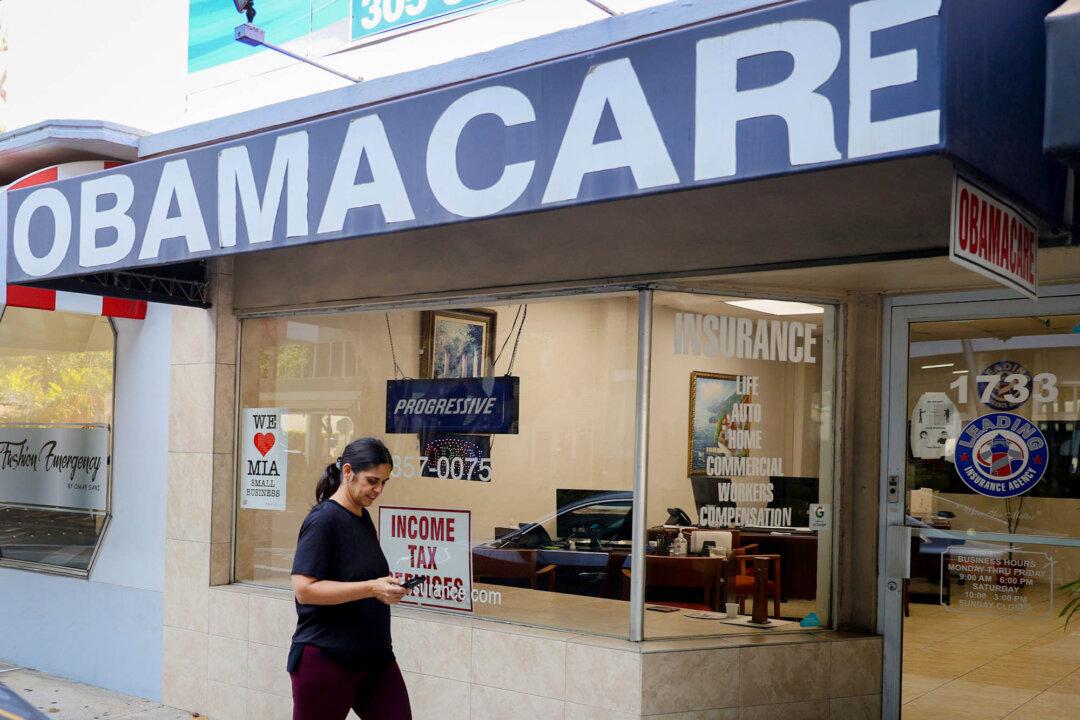The president of the nation’s second-largest teachers union faced tough questioning on April 26 by members of a House subcommittee seeking to determine whether the union unduly influenced the Centers for Disease Control and Prevention’s (CDC) policy on school reopenings during the pandemic.
“Americans are curious to know if the AFT [American Federation of Teachers] access was in line with CDC past practice and if their influence had a positive or detrimental impact on America’s children,” subcommittee Chair Brad Wenstrup (R-Ohio) said at the start of the hearing.





